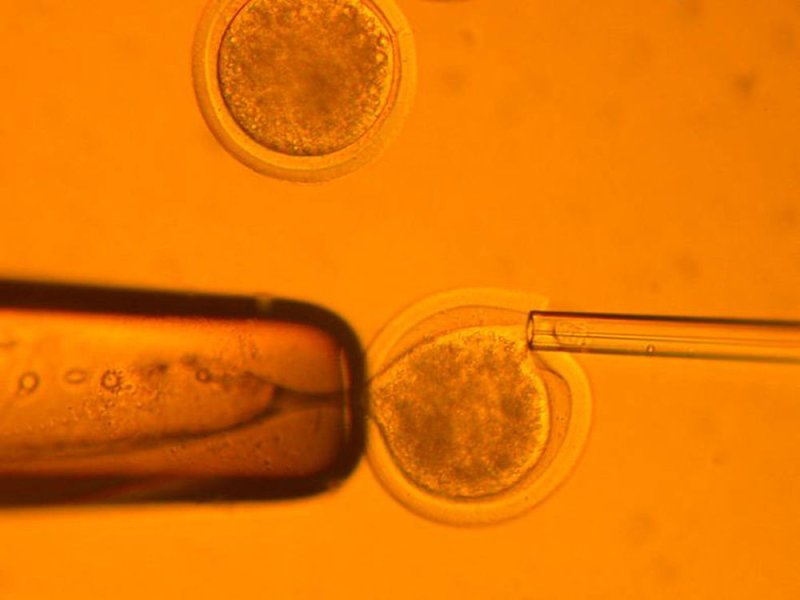BRUSSELS, Oct. 20 (UPI) -- A temporary ban on animal cloning for food production in the European Union is a practical way to address concerns, an EU commissioner said.
The European Commission announced it placed a temporary ban on animal cloning for food production and a temporary ban on using cloned farm animals and the marketing of food from clones.















